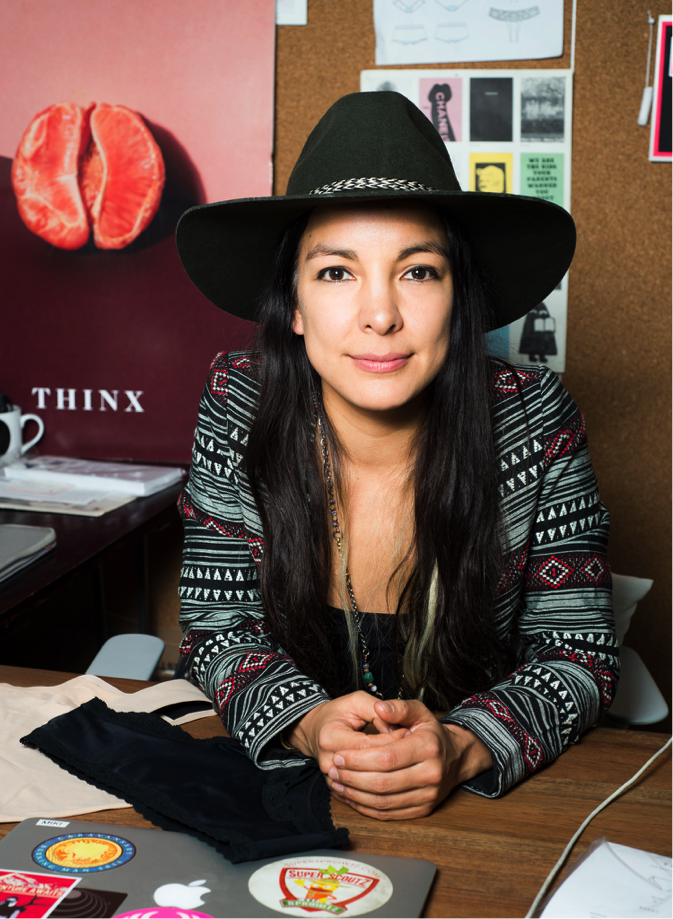
Miki Agrawal is the Founder and CEO of Thinx, a company that sells period-proof underwear. For every pair of underwear bought, Thinx sends funds to its partner AFRIPads in Uganda. AFRIpads hires local women and trains them to both sew and sell washable, reusable cloth pads, turning them into local entrepreneurs. 94% of girls in Uganda report having problems at school due to menstruation and many drop out of school entirely. Thinx gained a lot of media attention once Outfront Media, the company that sells New York City subway ad space, sent back THINX’s designs for being inappropriate.


Agrawal then went on to found Icon, which sells pee-proof underwear for light bladder leaks and Tushy, a modern bidet attachment.
What were the key forces that propelled you to where you are today?
I truly realized that there was a huge need for something like this. I had the same problem happen over and over again. You know what they say that necessity is the mother of invention. There was a necessity here.
There have been only three major innovations in the entire 20th century in the feminine hygiene category, which is just absurd. The products don’t currently work and they’re potentially harmful – whether it’s toxic shock syndrome as it relates to tampons or whether it’s the fact that it’s super hazardous to the environment and not sustainable with 20 billion menstrual products filling up landfills every year, which require 500-800 years to break down. There was no brand speaking to women about their bodies the way we’d want to be spoken to. It was very clinical and academic and not human. I hate wearing tampons and pads. I could never feel comfortable when I had my period every month. There was nothing aesthetically pleasing about the existing offerings. There was a lacking in all of these categories so it was time for Thinx to exist.
Why are you uniquely positioned to take this on?
People can relate to me on many levels. I’m petite, I’m first-generation American, and I didn’t come from a family with a lot of money. I’m also fearless. Having a twin sister gave me the mentality of “I can do this.” My twin sister and I constantly champion each other and it makes me feel like I can do anything. She challenges me to be as authentic as possible and speak the truth.
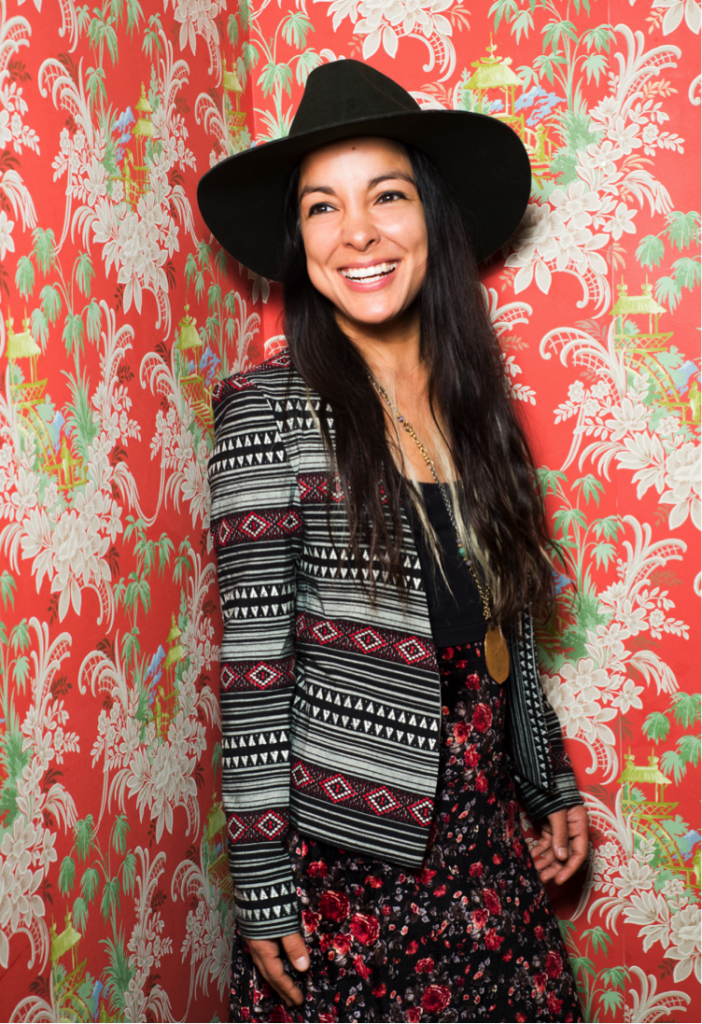
When you first conceived of Thinx did you think it was going to become what it is today?
I believe in it and I’ve always believed in it. There was a lot of hard work and dedication involved plus a little bit of luck.
You previously said that you’d like to be the “the taboo queen for the nether regions” – why are you attracted to this area of focus?
I don’t want to be, I just happen to be. I think these are conversations that need to told. They shouldn’t be taboo. If men dealt with these things, it wouldn’t be taboo. In fact, they’d get vacation days every month. There’s a level of inequality that’s intolerable.
How do you split your time between Thinx, Icon and Tushy?
I’m the Chief Creative Officer for all three brands. I’m the CEO of Thinx and Icon. I have a CEO for Tushy. It takes a village. I can’t do everything myself. Being creative is fun and it’s easier for me than doing operations and finance. I lean on my other teams for the stuff that I’m naturally less inclined to do. I devote most of my time to Thinx, because it’s the biggest business of the three and then I devote an equal amount of time to Icon and Tushy.
Are you thinking about your next venture?
No, the 3 P’s – periods, pee and poop – are going to take up my time for a while. I’m definitely interested in the philosophies and deep understanding of what it means to be a human alive on this planet today. I don’t think people get what that means. We forget that we get to be alive. That’s the next philosophical thing that I want to tap into. But right now, I’m making people more comfortable while they’re alive.
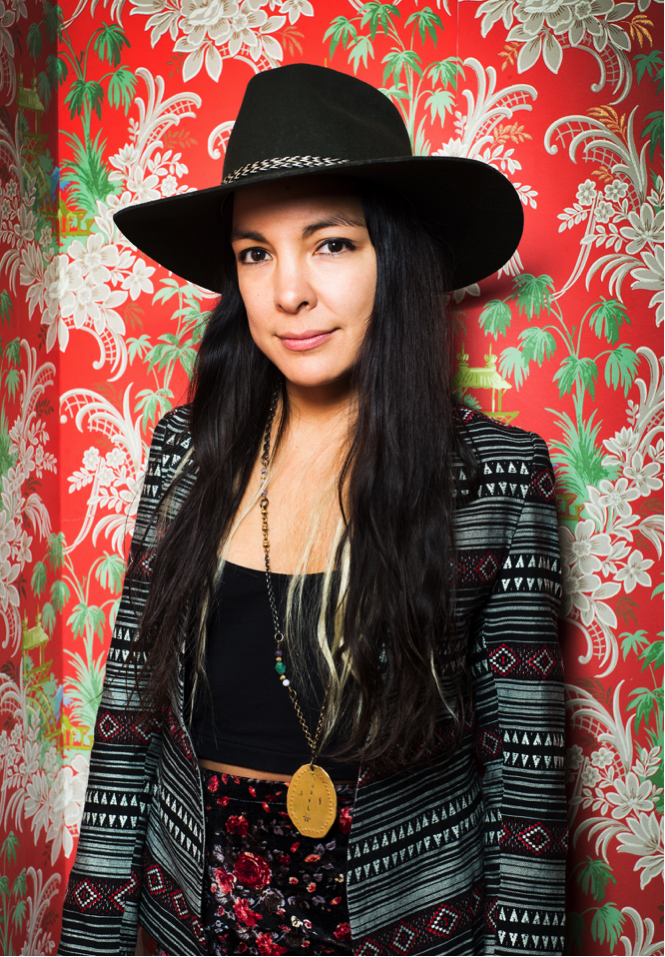
What are your short-term and long-term goals?
They go hand in hand. I want to impact as many people as possible and I want to eliminate shame from conversations that shouldn’t have shame attached to them.
What was your biggest career mistake?
Understanding the different types of people that you need around you. Both energetically and in terms of skill-set. There’s an element of yin-yangness that comes into play when growing a business. I have a lot of yang energy – intense, emotional and fiery. I need yin energy around me, which is calm, loving, and peaceful. I also have a lot of creative fire and I need people who have the complement to that – people who like operations and finance, dotting the i’s and crossing the t’s. That’s very different from me – creative, open and full of broad brush strokes. To find the right team, the right temperaments and the right skill-sets are the biggest challenges. You don’t always know how it’s going to go until people are working with you, so I had to make very difficult decisions that caused a lot of stress in my life. I listened to my intuition when it wasn’t feeling right.
What are you most proud of?
We are truly on track to eliminating shame in the period conversation both here and around the world. We helped 45,000 girls go back to school in the developing world. We are empowering women here every day to bleed with pride and without frustration or worry. It’s liberating and we get to be part of that liberation. We are at the forefront of the period feminist movement.
How have you been treated as a woman in the start-up industry?
I am fundraising right now for Tushy. If I were a man pitching after having achieved great success with his previous company like I’ve had with Thinx, it would be much easier for him to bring in money for his second business than it is for me. I have to continue to prove myself at every single step. It’s a challenge and I need to show up every day with as much fire as possible to get the job done. All three brands are doing really well but it is frustrating that there’s still an old boy’s club. In time, the women will rule.
What advice would you give to young female entrepreneurs?
Take a positive action everyday. Don’t wait for something to happen to you.
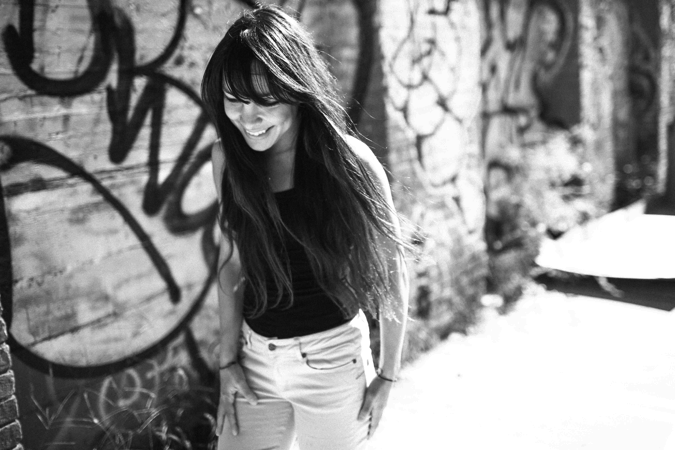
What life experience has had the greatest impact on you?
Definitely going to Burning Man. It’s a transformational experience and has given me a re-belief in humanity and the human spirit. It’s run on ten core principles and when you show up you have to espouse them. One principle is radical self-reliance where you re-learn that you are completely capable by yourself. Another principle is radical inclusion – you don’t need to put up a front, you can just be yourself and be included. Participation is another big one – you need to put something in to get something out. Often people expect things to turn up in front of them but it’s actually necessary to put in the love and energy to get something in return. During Burning Man, people exhibit art and then at the end of the week they burn everything to the ground. It makes you realize that nothing is permanent. Why do I have an ego when I’m fleeting in this world? I’m a blip. Why am I so concerned about myself? I get to be here right now and bear witness to the world, let me just sit in gratitude for a second.
This is my sixth year going in a row.
What are you struggling with these days?
There’s so much to be done while I’m here for a short amount of time. I want to gift the knowledge that holy shit we’re alive right now. Why are we talking about gender inequality and race and body image when we’re all alive together? Let’s celebrate that. You’re an extension of me and I’m an extension of you. That’s an important mission in my life. It doesn’t keep me up at night but it’s something I’m excited about.
What do you want your legacy to be?
I was alive and I lived life everyday like it mattered. And I felt lucky to be alive.
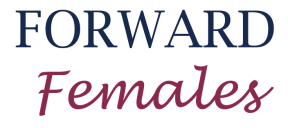
Pingback: Jovian Zayne Irvin – Forward Females